The Process
The process is one of the most fundamental abstractions that the OS provides to users. A process is a running program.
- Address space
- Registers
- programming counter (PC)
- OR instruction pointer (IP)
- Stack pointer
Process API
- Create
- Destroy
- Wait
- Miscellaneous Control
- Status
Loading A process
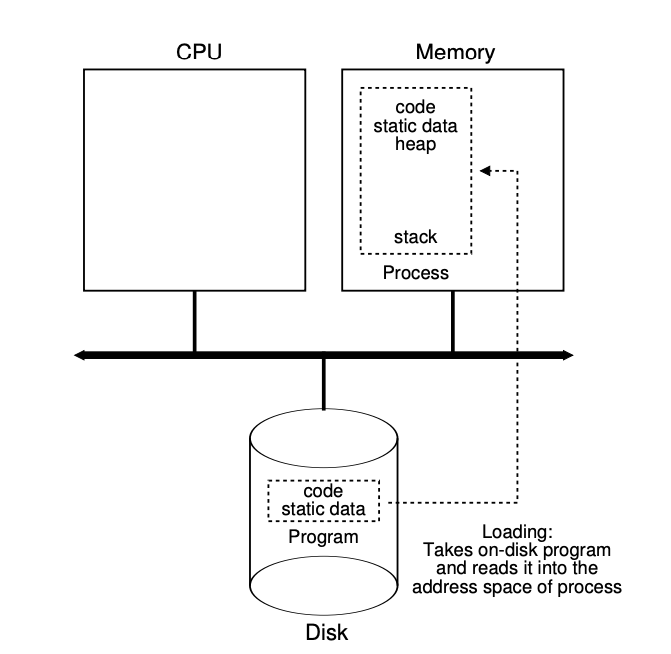
Process States
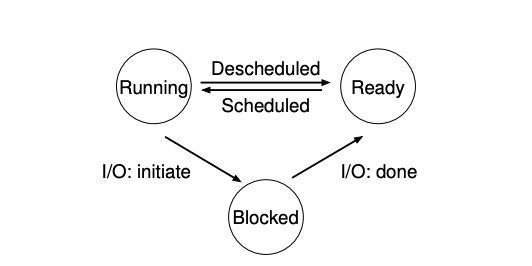
Data Structures
A process is just a struct!
Libraries
- A dynamic-link library (DLL or .so) is a module that contains functions and data
- Applications (processes) can use the functions and data in the code
- This is the most common way code is distributed.
- Up until this point you have only ever distributed code in an executable (exe)
Dynamic Libraries
- During compile time the linker stubs out calls to the .dll or .so
- The actual implementation is not added into the image that is saved to disk
- The library is mapped into your applications address space at run time
Load-time dynamic linking
Your code makes explicit calls to exported DLL functions as if they were local functions.
Run-time dynamic linking
Functions are loaded with system calls such as LoadLibrary or LoadLibraryEx (WIN32)
Advantages of Dynamic Linking
- Multiple processes that load the same DLL at the same base address will share a single copy of the DLL
- When you update a DLL the applications that use them do not need to be recompiled
- Programs written in different programming languages can call the same DLL functions
Disadvantages of Dynamic Linking
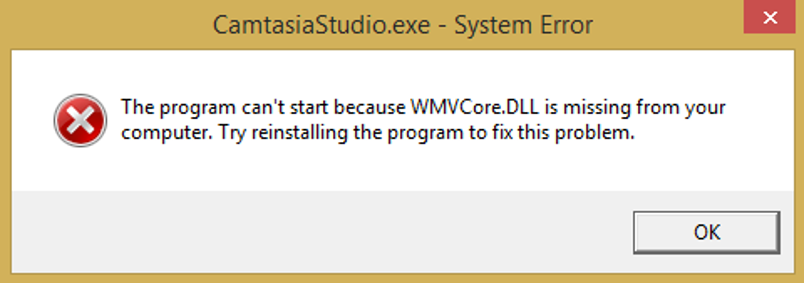
Loading
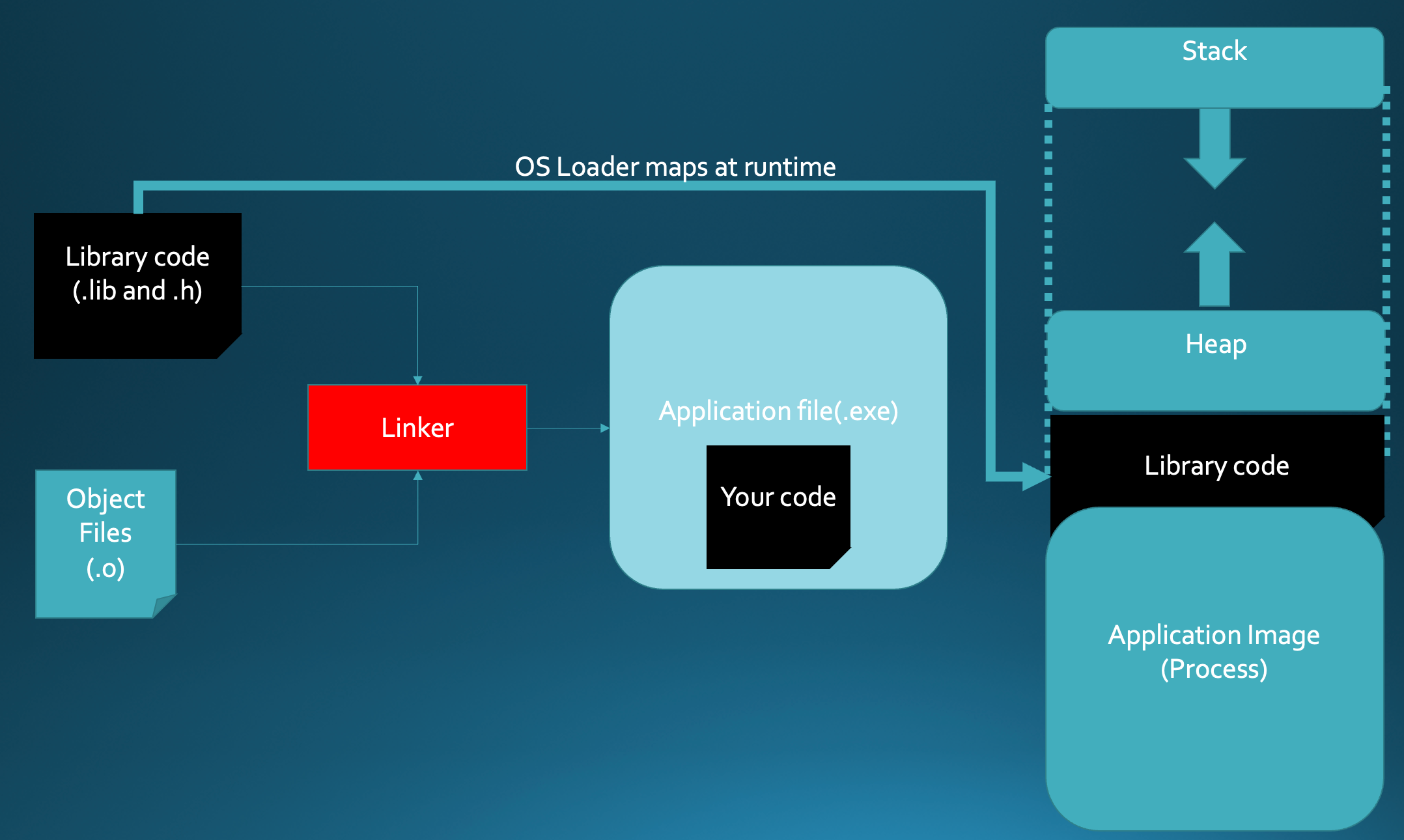
Static Libraries
- Similar to dynamic libraries
- Code is added into your application at compile time instead of runtime. The library becomes part of the image saved on disk
- Your application will not have any dependencies that need to be resolved at runtime
Advantages of Static Linking
- All your code is contained in one file (your exe or lib)
- Easier to ship to a customer
- Could be more secure because you know exactly what you are loading
- Eliminates any issues with missing libraries on the host system
Disadvantages of Static Linking
- Your program is bigger and takes longer to load into memory
- If there is a security flaw in your linked code you will still be using the old version
- If library code get faster or adds support for new hardware you are stuck on the old version
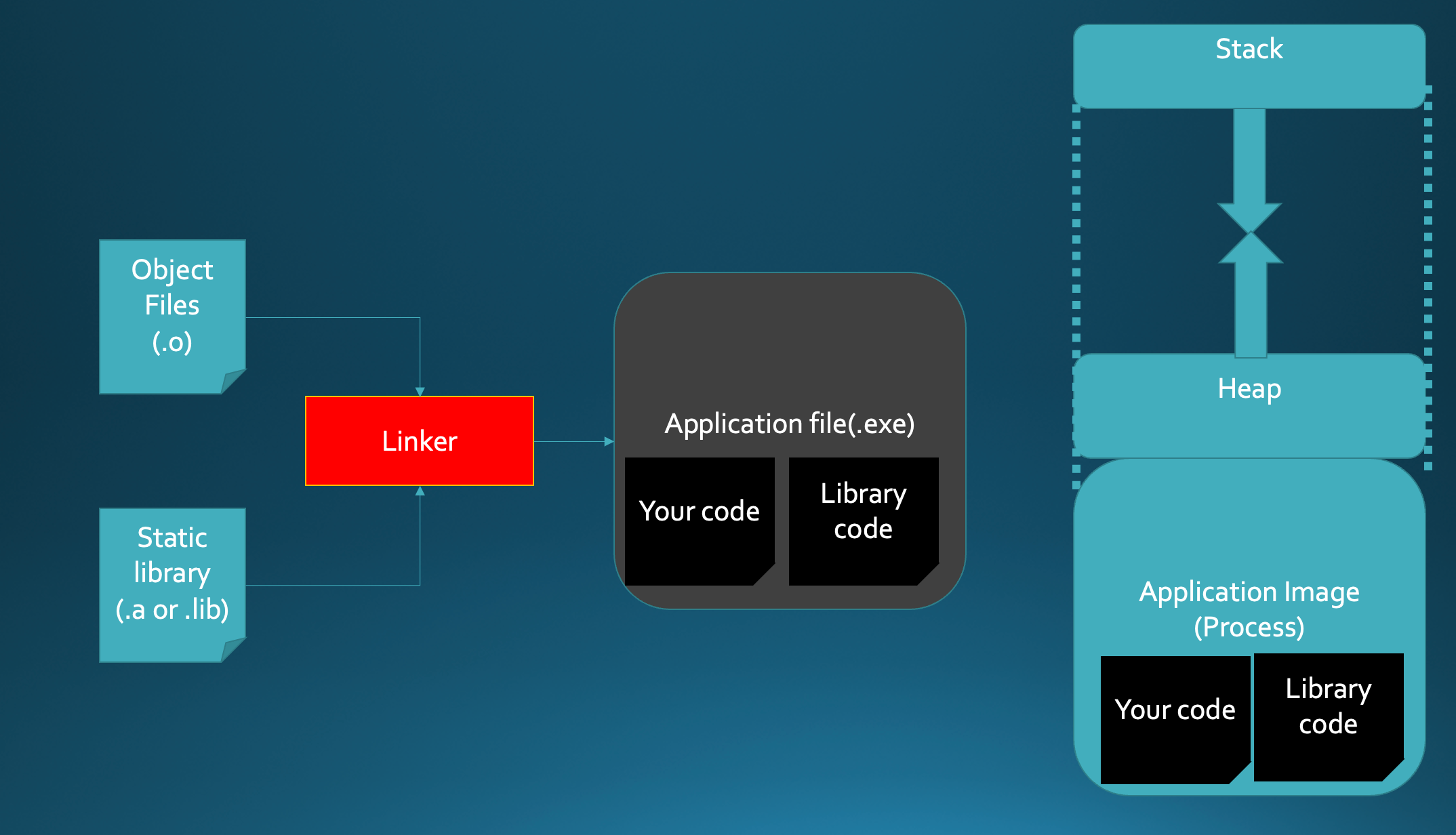
Dependency Types
Implicit Dependency
Module A is implicitly linked with Module B at compile/link time
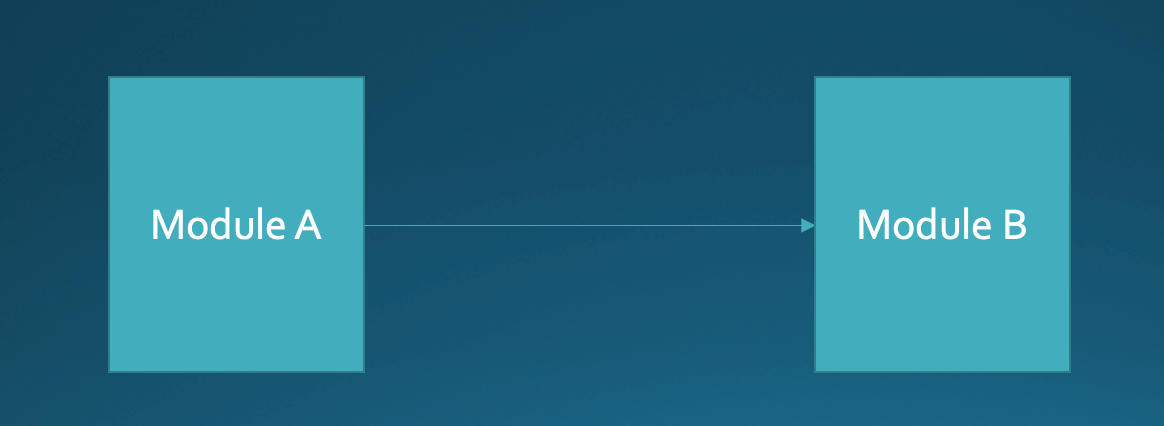
Explicit Dependency
Module A is not linked with Module B at compile/link time. At runtime, Module A dynamically loads Module B via a LoadLibrary type function

Forward Dependency
Module A is linked with a LIB file for Module B at compile/link time, and Module A’s source code actually calls one or more functions in Module B. One of the functions called in Module B is actually a forwarded function call to Module C
